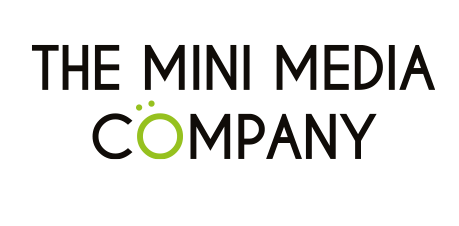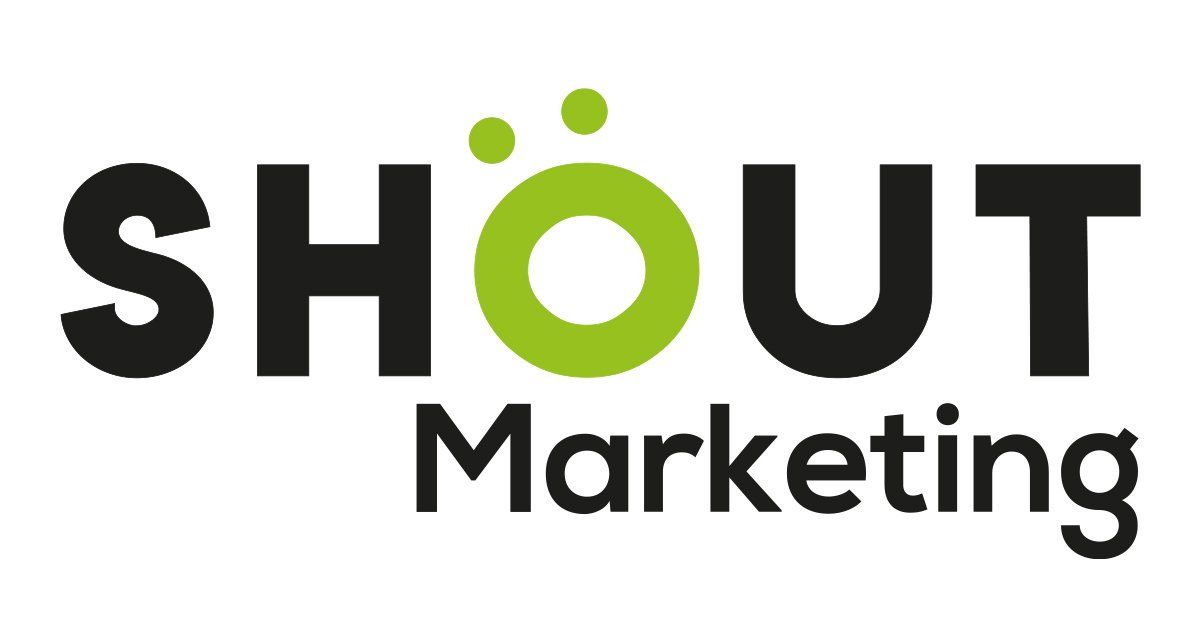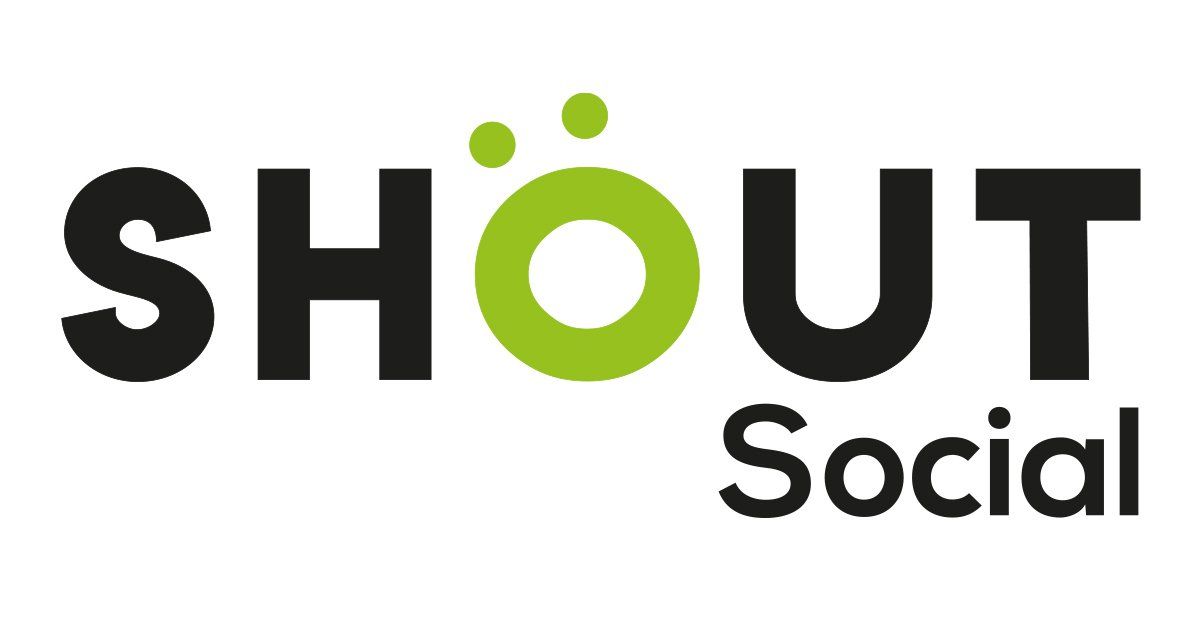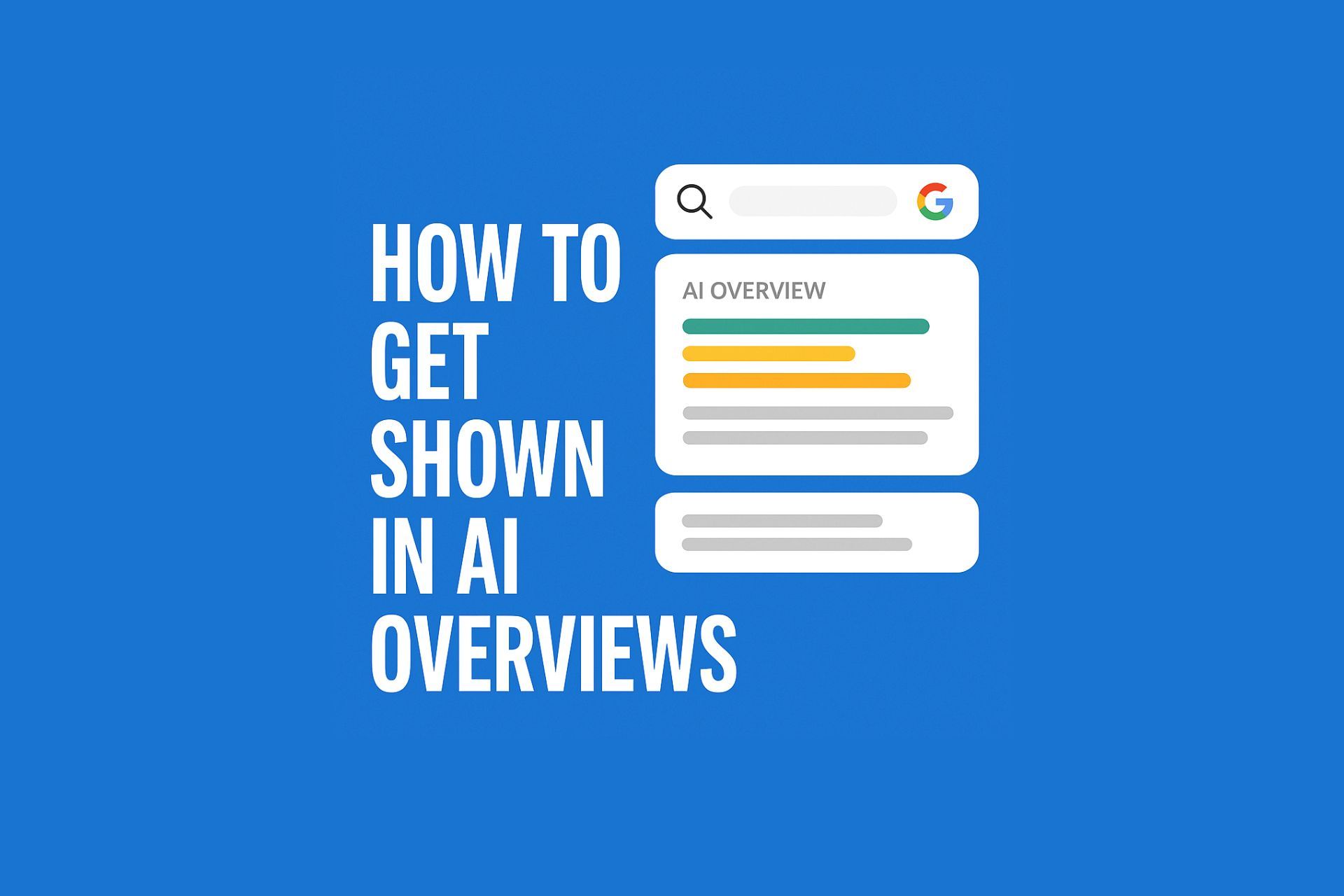The Crucial Role of Ad Agencies in Promoting Mental Health Awareness in Advertising
In today's fast-paced world, the advertising industry is continuously evolving. Social media, in particular, has significantly impacted the way brands communicate with their audience.
However, while these platforms offer new opportunities to engage customers, they can also amplify fear and anxiety. This is where the role of responsible ad agencies becomes crucial. In this blog, we will discuss the importance of ad agencies that prioritize mental health when creating advertising campaigns and how they can avoid feeding into the negative aspects of social media.
The Power of Advertising
Advertising has the power to shape the way we think and feel about products, services, and even ourselves. A creative and well-executed ad campaign can inspire, inform, and entertain. However, it can also lead to unrealistic expectations, negative self-image, and mental health issues if not handled responsibly. This is especially true in the era of social media, where information is rapidly shared and consumed.
The Need for Mental Health Awareness in Advertising
With the increasing prevalence of mental health issues, it is essential for ad agencies to acknowledge the potential harm their campaigns may cause. Studies have shown that exposure to certain types of advertising can exacerbate feelings of fear, anxiety, and depression. To address this, responsible ad agencies should prioritize mental health when crafting their campaigns.
Best Practices for Ad Agencies to Promote Mental Health
- Encourage positive messaging: Ads should be designed to uplift and inspire, rather than provoke fear or anxiety. By promoting positive messages, ad agencies can help reduce the risk of triggering mental health issues in their audience.
- Avoid promoting unrealistic standards: Advertisements that promote unattainable beauty, success, or lifestyle standards can lead to feelings of inadequacy and low self-esteem. Ad agencies should strive to create campaigns that represent a diverse range of people, experiences, and lifestyles.
- Incorporate mental health support: Ad agencies can partner with mental health organizations to develop campaigns that encourage seeking help and support when needed. By incorporating mental health resources and support systems into advertising, agencies can contribute to raising awareness and reducing the stigma associated with mental health issues.
- Foster a culture of empathy and understanding: Ad agencies should promote a workplace culture that encourages empathy and understanding of mental health issues. By doing so, employees will be better equipped to create responsible and supportive advertising campaigns.
- Monitor and evaluate the impact: Ad agencies must continuously assess the impact of their campaigns on the mental well-being of their audience. By using data-driven approaches, agencies can identify areas for improvement and make necessary adjustments to their campaigns.
Several advertising campaigns in the past have been criticized for their negative impact on mental health or for being insensitive to the subject. Here are a few examples:
- Abercrombie & Fitch's "A&F Quarterly" (2003): This controversial catalog featured provocative images of young models, which were criticized for promoting an unhealthy body image and fostering unrealistic beauty standards. The catalog was eventually discontinued due to public backlash.
- Dove's "Real Beauty" campaign (2017): Dove's campaign, which aimed to promote body positivity and self-esteem, received criticism for a Facebook ad that showed a black woman transforming into a white woman after using Dove body wash. The ad was perceived as racially insensitive and perpetuating colorism. Dove issued an apology and removed the ad from its social media platforms.
- Pepsi's "Live for Now" commercial (2017): Featuring Kendall Jenner, this ad was criticized for trivializing the Black Lives Matter movement and police brutality protests. In the ad, Jenner hands a can of Pepsi to a police officer during a protest, seemingly resolving the tension. Pepsi later apologized and pulled the ad following public outrage.
- H&M's "Coolest Monkey in the Jungle" (2018): H&M faced backlash for featuring a black child wearing a hoodie with the phrase "coolest monkey in the jungle." The ad was widely criticized for its racial insensitivity, and H&M issued an apology, removing the image and product from their website.
- Weight Watchers' "Wake Up Call" (2018): Weight Watchers faced criticism for an Australian campaign that asked women, "Are you ready for the wake-up call?" The campaign was seen as body-shaming and fear-mongering, as it implied that women should feel guilty about their bodies and need to lose weight. Weight Watchers later defended the campaign, stating that it was meant to inspire healthier lifestyles.
These examples demonstrate the importance of ad agencies being sensitive to mental health and social issues when creating their campaigns. By learning from past mistakes, the advertising industry can work towards creating more responsible and inclusive campaigns that respect the well-being of their audience.
Conclusion
The advertising industry has a significant influence on society, and with that power comes responsibility. By being considerate of mental health when creating advertising campaigns, ad agencies can contribute to a healthier and more positive social media environment. Prioritizing mental health in advertising not only benefits the audience but also enhances the credibility and reputation of the ad agency itself. As more agencies embrace this approach, we can look forward to a future where advertising is both engaging and supportive of mental well-being.
